 The International Shark Attack File (ISAF) is an internationally recognized source of scientifically accurate information on shark attacks. ISAF is a compilation of all known shark attacks, totaling 4,500+ from the mid-1500's to the present.
The International Shark Attack File (ISAF) is an internationally recognized source of scientifically accurate information on shark attacks. ISAF is a compilation of all known shark attacks, totaling 4,500+ from the mid-1500's to the present. ISAF's 2008 Worldwide Shark Attack Summary investigated 118 alleged incidents of shark-human interaction occurring worldwide in 2008. 59 incidents were confirmed cases of unprovoked shark attack on humans. "Unprovoked attacks" are defined as incidents where an attack on a live human by a shark occurs in its natural habitat without human provocation of the shark.
The 2008 total of 59 attacks was lower than the 71 unprovoked attacks in 2007 and continues a gradual reduction in the number of attacks since reaching an all-time high of 79 in 2000.
The International Shark Attack File concludes that the number of shark-human interactions is directly correlated to the amount of time humans spent in the ocean. As the world population and aquatic recreation continues to increase, we should expect increases in the number of shark attacks. But shark populations are declining at a serious rate due to over-fishing and habitat destruction.
Four deaths occurred in 2008, similar to the period between 2001 and 2008. The four unprovoked fatalities were recorded in Mexico (2), Australia, and California. The majority (71% or 42 attacks) of attacks occurred in North American waters. The 41 attacks in waters of the US were similar to the number of attacks in 2007 (50), 2006 (39), 2005 (40), 2004 (30), 2003 (40), 2002 (47), 2001 (50), and 2000 (53). Attacks also occurred in Australia (12), Mexico (3), Brazil (2) and the Republic of Seychelles (1).
Florida had greatest number of attacks in the US with a total of 32. Within Florida, Volusia County had the most incidents (22).
Despite the statistics above, the chances of being attacked continue to be smaller than being struck by lightening.
If you are under attack by a shark, the International Shark Attack File advises a proactive response. Hit the shark on the nose, ideally with an inanimate object. If you cannot exit the water, repeat bangs to the snout may offer temporary restraint. If a shark actually bites, they suggest clawing at its eyes and gills, two sensitive areas. One should not act passively if under attack - sharks respect size and power. For additional safety tips, click here, here, here and here.



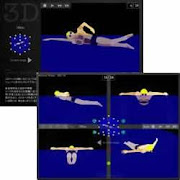
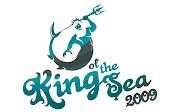





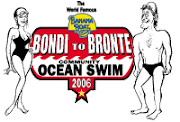


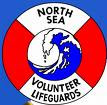
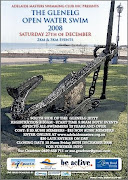





No comments:
Post a Comment